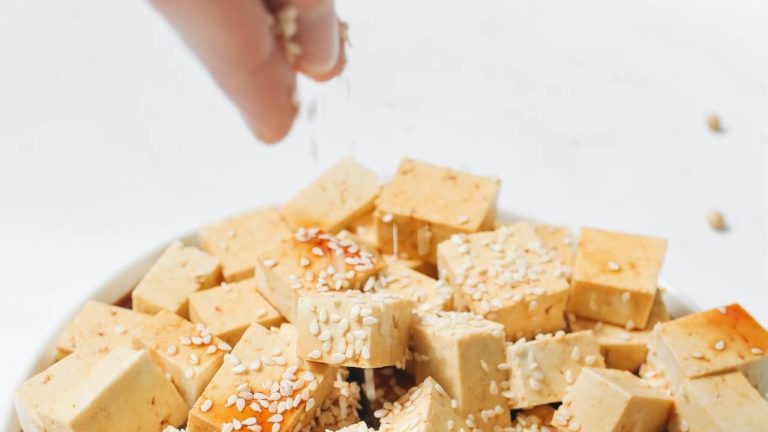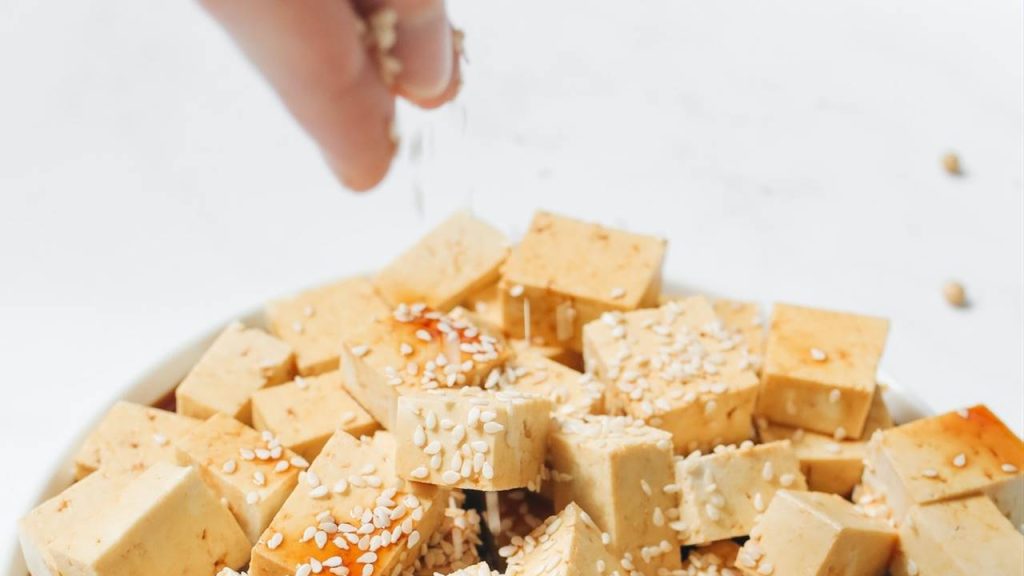
If not, enough protein is consumed, the risk of hip fracture increases, which especially affects women over 65 and is life-threatening.
Increasing protein intake and drinking tea or coffee may reduce the risk of a hip fracture, according to a new study. For women, increasing the amount of protein consumed per day by 25 g is associated, on average, with a 14% reduction in the risk of hip fracture. Regularly drinking tea or coffee increases protection by 4%.

In addition, researchers at the University of Leeds (United Kingdom) have appreciated that the protective benefits were greater for women who were underweight, since in their case the risk of hip fracture was reduced by up to 45%.
Proteins are found, in the vegetable diet, in legumes and, to a lesser extent, in cereals, nuts and seeds. 100 g of tofu provides 17 g of protein, for example. In the omnivorous diet, it is provided by meat, fish and eggs.
The results of the study are interesting for all people, especially the elderly and those who suffer from osteoporosis because hip fracture because in Spain affects 7 out of every thousand people over 65 years of age and can be disabling.
HOW TO REDUCE THE RISK OF HIP FRACTURE WITH DIET
The research is based on an observational analysis with more than 26,000 women where they were able to identify associations between dietary and health factors, but could not distinguish direct cause-and-effect relationships.
The data used in the study comes from the UK Women’s Cohort Study, which recruited participants between 1995 and 1998. At the time they entered the study, the women were between 35 and 69 years old.
At the time of recruitment, they were asked to complete questionnaires about their diet and lifestyle. This information was linked to hospital records over the next two decades, which revealed how many had suffered a hip fracture or had a joint transplant.
Of the 26,318 women involved in the study, 822 cases of hip fracture were identified, or 3.1%.
James Webster, PhD researcher at the University of Leeds’ School of Food Science and Nutrition, who led the study, said: “Around the world, the costs to people and societies caused by hip fracture are enormous. They can often lead to other chronic diseases, loss of independence and premature death.”
Diet is a factor that people can modify to protect themselves by keeping bones and muscles healthy. This study is one of the first to investigate the relationships between food and nutrient intake and hip fracture risk.
The results highlight which aspects of diet may be useful tools to reduce the risk of hip fracture in women, with evidence of links between higher protein, tea and coffee intake and reduced risk.
HOW MANY PROTEINS PROTECT AGAINST HIP FRACTURE
Proteins are the building blocks of life and are necessary for cells, tissues, and muscles to function properly, as well as contributing to bone health.
The recommended protein intake is 0.8 g per kilogram of body weight per day, a limit that some nutrition experts consider too low.
As the study revealed, people who had a higher protein intake enjoyed a reduction in hip fracture risk.
However, protein intakes that are very high, above 2 g protein/kg body weight/day, can have negative health effects. The study could not explore these very high levels of protein intake.
WHY UNDERWEIGHT WOMEN BENEFIT MORE
Women who are underweight may be more likely to have reduced bone mineral density and muscle mass.
Therefore, increasing the intake of various foods and nutrients, especially protein, can help reduce the risk of hip fracture more in underweight women than in healthy or overweight women because it promotes bone and muscle health. However, the researchers note that this finding needs more research before it can be confirmed.
WHY IS TEA BENEFICIAL FOR BONES?
The study notes a relationship between tea or coffee consumption and a lower incidence of hip fracture. Although this research can’t prove it, it’s most likely due to tea and coffee’s content in biologically active compounds called polyphenols, which can help maintain bone health.